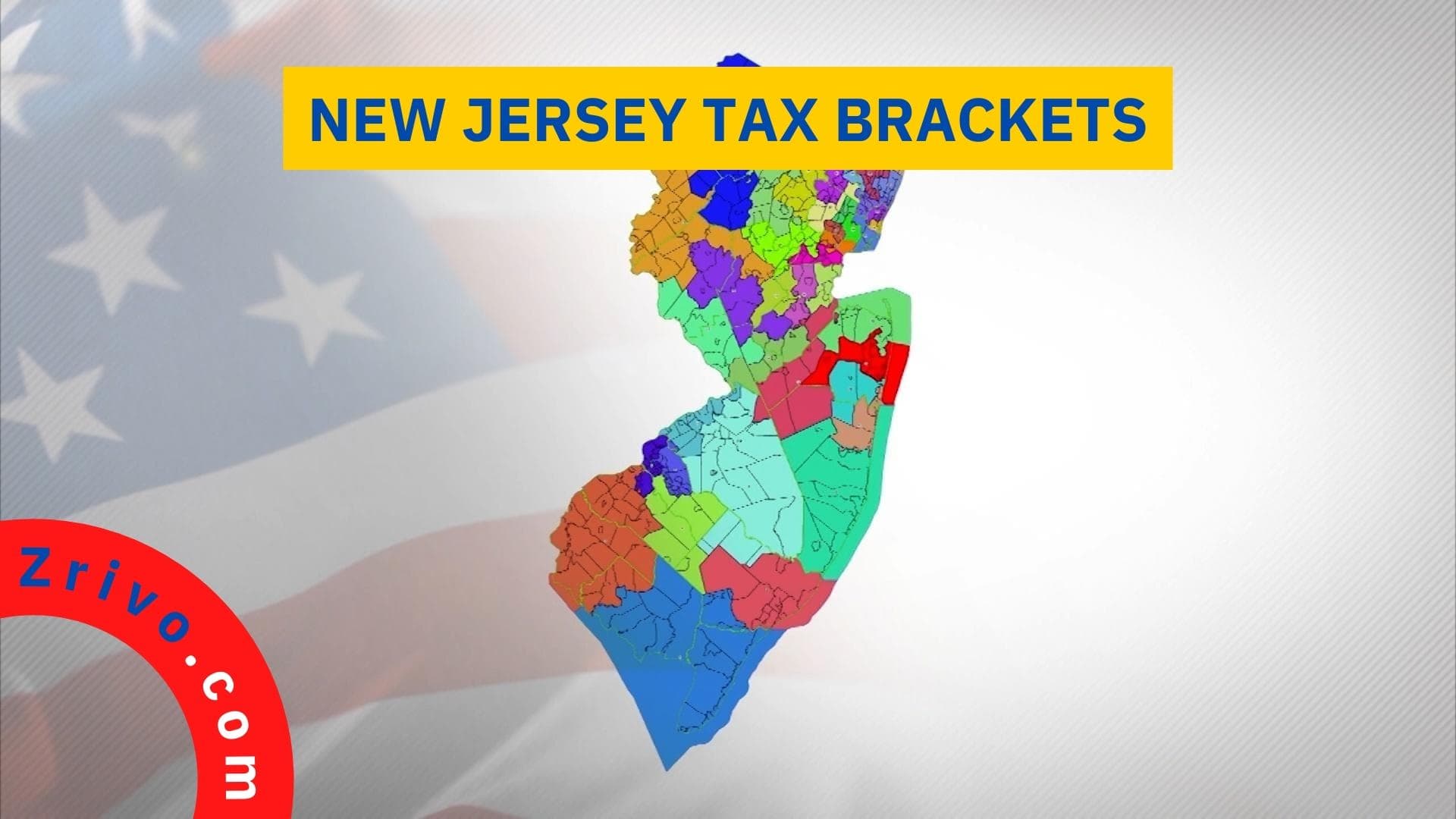
The New Jersey tax system is structured as a progressive tax system, meaning rates are determined by your adjusted gross income. Depending on your filing status, there are eight New Jersey tax rates and income tax brackets. As with other states, New Jersey also taxes capital gains. This includes gains from the sale of real estate and stocks.
Depending on your situation, a tax professional can help you determine how much of your money you should be investing and which tax bracket is best for you. They can also recommend a number of tax-advantaged savings and retirement accounts to suit your needs.
How Much Are Taxes in New Jersey?
The State of New Jersey taxes you on many things, including income, goods and services, and property. It also has a sales tax and an inheritance tax. If you own a business in New Jersey, you should know about these taxes and how they affect your company. In general, the more you spend on goods and services, the higher your tax bill. This is because the state levies sales taxes on most goods and services you buy. It’s a hefty sum of money for the government to collect, but it helps offset some of the cost of public services that the state needs to provide.
However, it is important to note that there are some exceptions to these rules. For instance, certain items, such as food and clothing, are exempt from the sales tax in New Jersey. You can find a comprehensive list of what is and isn’t subject to the sales tax on the New Jersey Division of Taxation website. You should also note that your company may be liable for additional taxes and duties, such as fuel tax and import/export duties. The best way to determine whether or not you’re liable for these taxes is to talk to an accountant about your situation.
Many states also levy an extra tax on companies for the right to operate in their state. These taxes are often called privilege, transaction privilege, or franchise tax. Depending on your industry, you might also be responsible for paying local and state excise taxes as well as Social Security and Railroad Retirement benefits. All these taxes are categorized into different tax brackets and should be taken seriously by your business. In addition to these taxes, your employees will be responsible for payroll and FUTA taxes. These are both based on how much you pay them and should be filed regularly with the IRS.

New Jersey Income Tax Brackets 2024
Single Filers
| New Jersey Taxable Income | Rate |
| $0 – $20,000 | 1.400% |
| $20,000 – $35,000 | 1.750% |
| $35,000 – $40,000 | 3.500% |
| $40,000 – $75,000 | 5.525% |
| $75,000 – $500,000 | 6.370% |
| $500,000 – $1,000,000 | 8.970% |
| $1,000,000+ | 10.750% |
Married, Filing Jointly
| New Jersey Taxable Income | Rate |
| $0 – $20,000 | 1.400% |
| $20,000 – $50,000 | 1.750% |
| $50,000 – $70,000 | 2.450% |
| $70,000 – $80,000 | 3.500% |
| $80,000 – $150,000 | 5.525% |
| $150,000 – $500,000 | 6.370% |
| $500,000 – $1,000,000 | 8.970% |
| $1,000,000+ | 10.750% |
Married, Filing Seperately
| New Jersey Taxable Income | Rate |
| $0 – $20,000 | 1.400% |
| $20,000 – $35,000 | 1.750% |
| $35,000 – $40,000 | 3.500% |
| $40,000 – $75,000 | 5.525% |
| $75,000 – $500,000 | 6.370% |
| $500,000 – $1,000,000 | 8.970% |
| $1,000,000+ | 10.750% |
Head of Household
| New Jersey Taxable Income | Rate |
| $0 – $20,000 | 1.400% |
| $20,000 – $50,000 | 1.750% |
| $50,000 – $70,000 | 2.450% |
| $70,000 – $80,000 | 3.500% |
| $80,000 – $150,000 | 5.525% |
| $150,000 – $500,000 | 6.370% |
| $500,000 – $1,000,000 | 8.970% |
| $1,000,000+ | 10.750% |